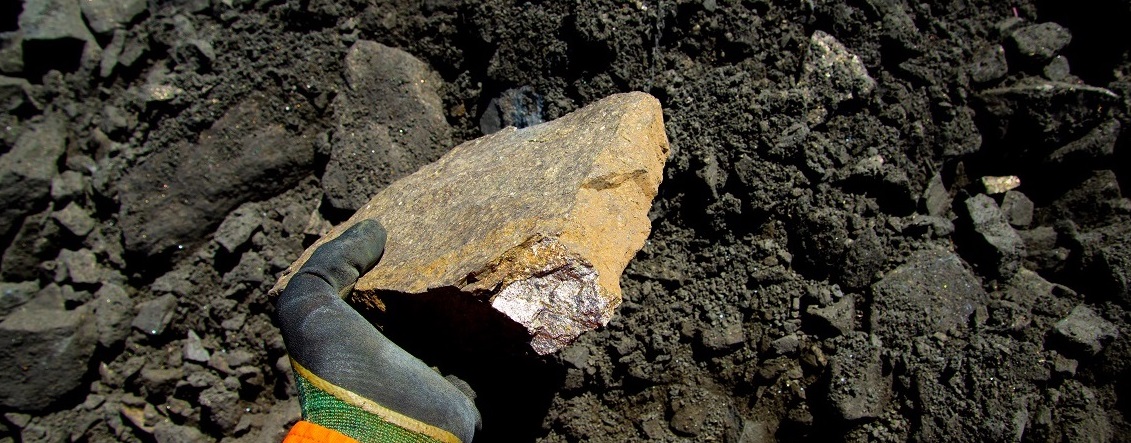Safeguarding the sound of Africa: Leveraging IP for a thriving music industry

By Bemanya Twebaze, Director General, ARIPO
Today, we mark World Intellectual Property Day 2025 and celebrate a force that transcends borders, languages, and generations—music. This year’s theme, “IP and Music: Feel the Beat of IP,” offers an opportunity to reflect on Intellectual Property (IP)’s critical role in nurturing Africa’s dynamic music sector and empowering its creators.
From the Morna music style and Afrobeat rhythms of West Africa, Zilipendwa and Rumba in East Africa, to the soul-stirring chants of Southern Africa, music is woven into the cultural fabric of our continent.
It entertains, inspires, educates, heals, empowers livelihoods, and mobilises communities. It is a powerful vehicle for storytelling, social transformation, and economic opportunity. As African music captivates global audiences, its creators must be protected, respected, and fairly compensated.
At the African Regional Intellectual Property Organization (ARIPO), we are building systems that safeguard the entire music value chain—from the patented tools and trademarked brands used in music production to the copyright-protecting authors, composers, arrangers, producers, publishers, and performers. Every melody, lyric, and artist’s identity is a unique creative asset deserving legal recognition and fair remuneration.
The economic power of music
Music is more than art—it is big business. Spotify reports that the streaming platform distributed over US$38 million in royalties to Nigerian artists, and South African performers reached a 54% increase from the prior year, amounting to US$21 million. The same report indicates that most of these royalties came from outside their home markets. The entire continent’s music sector can similarly be exported; therefore, it holds latent transformative potential.
Streaming consumption is high, facilitating revenue growth and contributing to digital growth from 4.2% in 2022 to 4.62% in 2023. Digital collections grow faster in smaller and developing markets where streaming provides a relatively large share of creators’ remuneration. Despite this growth, most creators are not enjoying increased royalties from digital collections (CISAC Global Collection Report 2024).
Music collections in Africa have seen a steady growth of about 3.2%. While this is a positive trajectory, further efforts are required to ensure collections from all users and fair distribution of royalties to the rights holders. Robust IP systems enable creators to own their work, monetise their output, and reinvest in their careers.
Our musical heritage is vast and diverse, shaped by generations of creativity, innovation, and cultural richness. Protecting this legacy through IP preserves tradition and secures a prosperous, creative future. When artists are confident that their rights are protected, they are more likely to create, innovate, and engage with the global marketplace.
ARIPO’s role in protecting creators
We have taken decisive steps to support this vision through the Kampala Protocol on Voluntary Registration of Copyright and Related Rights, adopted in 2021. It is a landmark framework explicitly designed to benefit creators and rights holders of different genres and create a regional database for Copyright and Related Rights. It simplifies the registration of rights, strengthens enforcement, and facilitates cross-border protection within our 22 Member States.
We also work closely with Collective Management Organizations (CMOs), who act on behalf of creators. CMOs lead anti-piracy activities, negotiate licenses, collect royalties, and distribute income to rights holders, ensuring that the economic value of music flows back to its creators.
The road ahead
Much more can be done. We continue to encourage all ARIPO Member States to ratify/accede to and domesticate the Kampala Protocol, invest in capacity-building, and raise awareness of the importance and mechanics of IP protection. Strong IP frameworks are not merely legal instruments—they are tools for sustainable development, capable of uplifting entire sectors and communities.
On this World IP Day, we reaffirm the powerful connection between IP and a flourishing music ecosystem. Let us commit to nurturing an environment where African musicians thrive creatively and economically while preserving the continent’s rich musical legacy.
Africa’s music already moves the world. Now, it must also empower its creators and ensure that users pay their fair share, which translates into royalties for the creators because music is a business.
ARIPO reaffirms the commitment to champion creativity, protect innovation, and ensure that when IP works, creativity works too—and when creativity works, Africa wins too. Let the beat play on!


